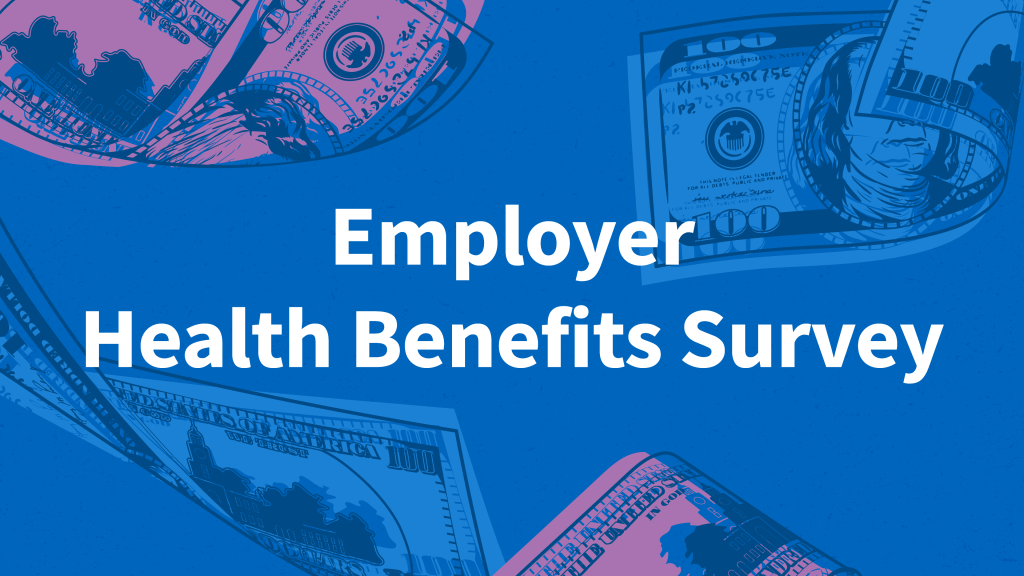New Rule Proposes Changes to ACA Coverage of Gender-Affirming Care, Potentially Increasing Costs for Consumers
This brief examines a proposed rule that seeks to change how ACA plans would cover gender affirming care services. If finalized the rule could lead insurers to drop coverage or shift costs to individuals and states, making access to gender affirming care more difficult.
